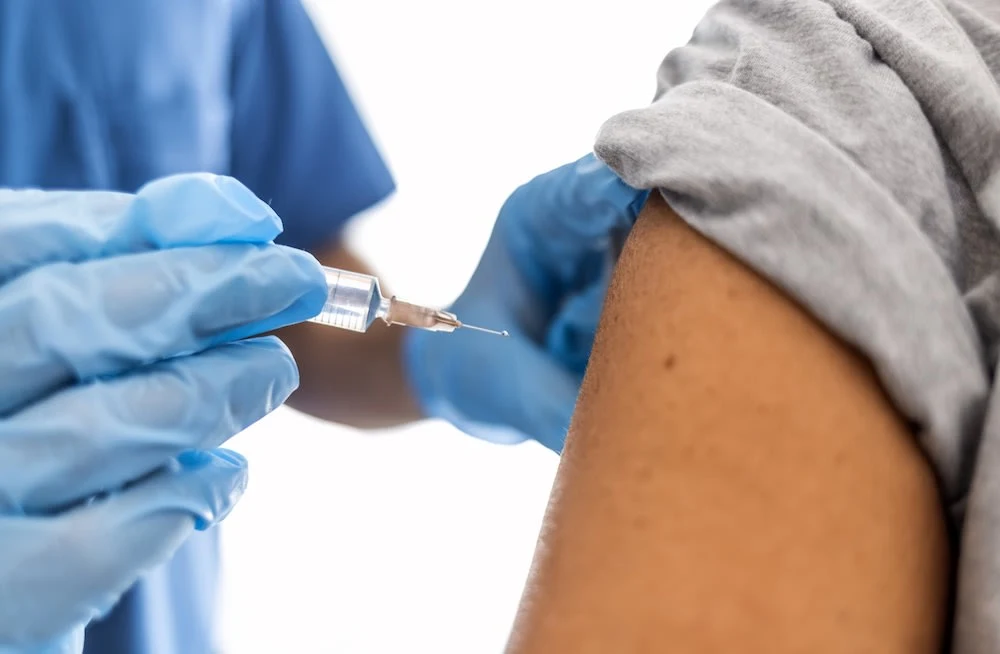The American College of Cardiology (ACC) has released new Concise Clinical Guidance (CCG) urging vaccination to protect adults with cardiovascular disease against respiratory infections, including influenza, COVID-19, and RSV, as well as other vaccine-preventable illnesses shown to reduce cardiovascular risk.
The guidance provides evidence-based recommendations, detailed rationales, and clinician resources, including answers to frequently asked questions to support patient discussions.
Vaccination against respiratory and other serious diseases is critical for people with heart disease, yet barriers remain to ensuring patients know which vaccines they need, how often to receive them, and why they matter. This document encourages clinicians to integrate vaccination into standard prevention and treatment plans through routine patient conversations.
Individuals with cardiovascular disease face increased susceptibility to infections and an increased risk of severe outcomes such as hospitalisation and death. While studies show vaccines are highly effective in mitigating these risks, a recent study found that only 30% of primary care physicians routinely assess vaccination status during clinic visits.
The new CCG consolidates vaccine-related recommendations from ACC/AHA guidelines and the Centers for Disease Control and Prevention (CDC), with a primary focus on respiratory vaccines. It also highlights emerging evidence that other vaccines, such as the shingles vaccine, may provide additional cardiovascular protection.
Key vaccine recommendations include:
- Influenza – Annual vaccination is recommended for all adults to lower the risk of cardiovascular morbidity, mortality, and all-cause death. Nasal formulations are not advised for patients over 50.
- Pneumococcal – Adults ≥19 years with heart disease should receive a pneumococcal vaccine to prevent pneumonia, bacteraemia, and meningitis. The guidance recommends PCV20 or PCV21, or PCV15 followed by PPSV23, depending on prior vaccination history.
- COVID-19 – For 2024–25, all adults with heart disease should receive the seasonal vaccine. Benefits include reduced risk of severe infection, hospitalisation, death, myocardial infarction, pericarditis/myocarditis, stroke, atrial fibrillation, and long COVID.
- RSV – A single dose is recommended for adults ≥75 and for those aged 50–74 with heart disease to prevent lower respiratory tract disease, hospitalisation, and death.
- Shingles – Adults ≥50 should receive two doses, given the elevated risk of shingles and its association with increased stroke and myocardial infarction risk in people with heart disease.
The document also outlines strategies to improve vaccination uptake, address hesitancy, and reduce barriers to access. It emphasises that cardiology visits provide a critical opportunity for clinicians to incorporate vaccination into comprehensive cardiovascular care.
Source: American College of Cardiology
Image Credit: iStock
References:
Heidenreich PA, Bhatt A, Nazir NT et al. (2025) 2025 Concise Clinical Guidance: An ACC Expert Consensus Statement on Adult Immunizations as Part of Cardiovascular Care: A Report of the American College of Cardiology Solution Set Oversight Committee. JACC.






